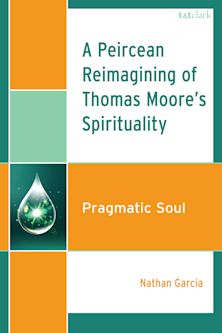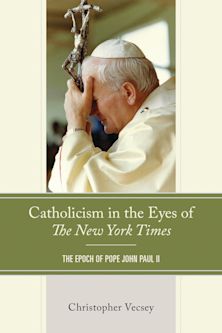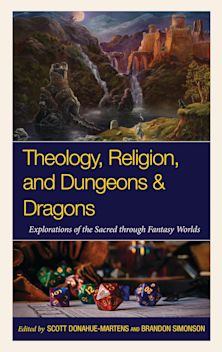- Home
- ACADEMIC
- Theology
- Theology - Other
- Martin Luther's Theology of Two Kingdoms in Buddhist and Christian Communities
Martin Luther's Theology of Two Kingdoms in Buddhist and Christian Communities
Transforming Contemporary Myanmar Society
Martin Luther's Theology of Two Kingdoms in Buddhist and Christian Communities
Transforming Contemporary Myanmar Society
This product is usually dispatched within 2-4 weeks
- Delivery and returns info
-
Flat rate of $10.00 for shipping anywhere in Australia
You must sign in to add this item to your wishlist. Please sign in or create an account
Description
Socially engaged religion teaches that people of faith have a responsibility to address and reduce suffering in all its forms, both physical and spiritual, including suffering resulting from social injustice, exploitation, oppression, false faith, and so forth. True religion engages with society to alleviate suffering and bring transformation. In other words, religious violence is an obscenity, a deviation from the true character of religion.
Martin Luther's Theology of Two Kingdoms in Buddhist and Christian Communities examines the principle of separation between religion and politics in the context of both Buddhist and Christian communities. In predominantly Buddhist contexts such as Myanmar, where a reciprocal relationship between religion and politics is expected, separation is not effective. Attempts by Christians to separate religion and politics cause the church to run away from tyranny and follow the state with blind obedience. Martin Luther’s model of two distinct but interconnected systems for religion and politics creates space for each institution to give constructive advice and criticism to the other for the health of all human beings.
Table of Contents
Chapter Two: Martin Luther’s Theology of Two Kingdoms as a Tool for Transformation in Myanmar Society
Chapter Three: Dietrich Bonhoeffer’s Theology of Political Resistance in Light of Luther’s Theology of Two Kingdoms
Chapter Four: Social and Religious Engagement in Myanmar Society
Chapter Five: The Implications of Luther’s Theology of Two Kingdoms in Dialogue with Engaged Religious Communities in Myanmar Today
Product details
| Published | 05 Jun 2024 |
|---|---|
| Format | Hardback |
| Edition | 1st |
| Extent | 252 |
| ISBN | 9781978716681 |
| Imprint | Fortress Academic |
| Illustrations | 10 Tables |
| Dimensions | 239 x 161 mm |
| Publisher | Bloomsbury Publishing |
Reviews
-
This timely and important book addresses the complex reality of life in Myanmar today, ravaged by brutal hostility which is not just political but religious in tone and intent, with disastrous consequences for members of minority communities, especially Christians. Using the writings of Luther and Bonhoeffer, no strangers to violence themselves, this situation is addressed honestly, critically, historically, and constructively, and offers the Christian community, from which the writer comes, theological resources and ethical imperatives in living out their faith commitments in the public and private spheres even when facing the horrors of vicious hatred. It does not shy away from addressing the reality of persistent state-sanctioned aggression that has been justified on religious and nationalistic grounds and asks about what dignity and human flourishing could mean in this pluralistic society when non-violence could be restored as a virtue, not in the abstract but in the ongoing life of the communities that inhabit this land.
Rev. J. Jayakiran Sebastian, United Lutheran Seminary
-
This is a very important work. Pa Yaw places a careful analysis of Martin Luther’s theological doctrine of two kingdoms in fruitful conversation with Christians and socially engaged Buddhists in contemporary Myanmar, yielding guidelines for both as they struggle to address state oppression of religious pluralism. Pa Yaw’s sensitive reading of Luther and Bonhoeffer is just as impressive as his account of the recent conflicts in Myanmar, and bringing the two together in such a creative and original way is compelling and prophetic.
Kenneth G. Appold, Princeton Theological Seminary



































